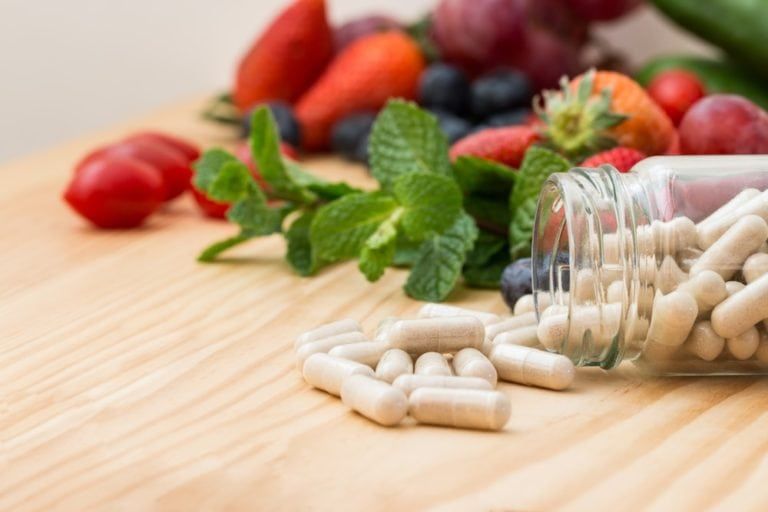Nutrition and Your Bones

“You are what you eat” goes the famous expression many of us are familiar with. It is no secret that what we eat can affect various structures in our bodies. Certain structures in our bodies have specific dietary needs. Our bones, for example, can benefit from a particular type of nutrition, while also negatively being affected by a very different kind.
Keeping your bones healthy is important for so many reasons. For starters, your bones are the framework of your body and are essential in keeping you upright and mobile. In addition bone health is directly related to joint and muscle health. All three components are required to keep you moving in a pain-free and unhindered manner.
When it comes to nutrition for your bones, there are two main elements that you will want to include in your daily diet. Namely these components are calcium and vitamin D. Calcium is directly involved in building bone tissue, while vitamin D enables the body to adequately absorb calcium. Because of the relationship between the two, both vitamin D and calcium are needed to maintain optimal bone health.
With the proper amounts of vitamin D and calcium, bone loss can occur. Bone loss naturally starts to occur after the age of forty and approximately 0.5% of bone mass is lost per year. Continual bone loss can result in the development of osteoporosis, or low bone material density and the deterioration of bone tissue. While most people are concerned with other possible health issues, it is important to note that fractures caused by osteoporosis occur more frequently than heart attacks, strokes, and breast cancer combined.
With that in mind, there are a range of foods that can help improve your bone health. Among these are protein sources, which are essential to preserving bone mass. Protein sources include lean red meat, poultry, fish, eggs, and dairy products. Dairy products, in particular, have high rates of calcium with the body being able to absorb 96-97% of total calcium from cheddar cheese, yogurt, and milk.
There are also a range of fruits and vegetables that supply a variety of vitamins, minerals, and other nutrients that positively impact bone health. Specifically fruits and vegetables that are high in calcium include: collard greens, turnip greens, kale, okra, Chinese cabbage, dandelion greens, mustard greens, and broccoli. Other fruits and vegetables that are high in magnesium, potassium, vitamin C, or vitamin K can also be beneficial to bone health.
However, while it is important to eat the right foods, it is also important to consume potentially harmful substances in moderation. One of these substances is caffeine. Many beverages such as coffee and certain types of colas contain caffeine and phosphoric acid. Recent research has found that when caffeine is combined with phosphoric acid, calcium is actually removed from the bones and excreted in the urine, causing brittle bones. To avoid this, it is recommended to limit your caffeine intake to no more than two cups of coffee or cola per day.


Recent Comments